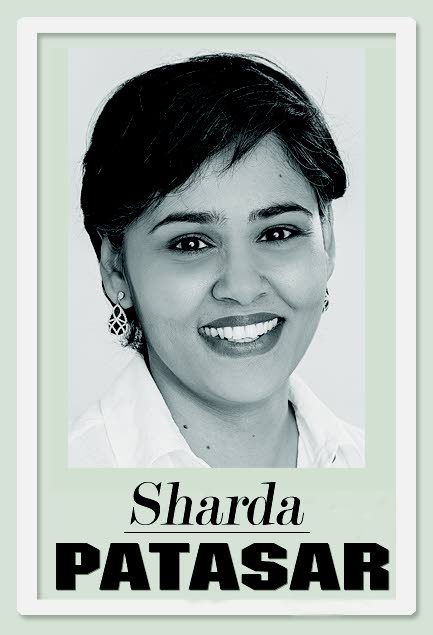Health and the nation

Last week opened with a friend forwarding on WhatsApp a video of Dr Fuad Khan’s response to Candice Santana’s very joyful recount of her Carnival season. I looked at it in disbelief and followed it with, “You sure nobody concocted that?”
As a being of cynical mind, I was not convinced of its authenticity until a newspaper carried the story the next day. By then, I had had time to process what I had qualified immediately as arrogance. While I am given to standing in a neutral position generally, I am less willing to overlook arrogance, particularly from a health professional who is supposedly interested in educating the public.
We all know that getting the message across in this society, when accompanied by the cantankerous-type speeches that we hear from the political platform, is very rarely effective. Instead our society focuses on the bacchanal and loses the essence of the message. While Dr Khan may very well have been speaking from a position of frustration, we will agree, as many have already, that abusive language and shaming were uncalled-for.
Food choices are very much ingrained in our cultural thinking. Roti, rice and sugar are pretty much staples. To cut those out seems unthinkable. Among my own peers, my food choices are strange to friends who cannot conceive of a week without sugar or flour. While to them it is humorous, to me, a healthy weight is about my physical and mental health.
Healthy diets are too often seen as deprivation rather than a healthy choice. It is not uncommon to be asked, “Why you exercising? You have no weight to lose.” There are still pockets and generations out there who believe that exercise is only for those who are obese.
Obesity had, until recently, very rarely been treated as a health hazard but rather a fashion statement. To be slim was to be beautiful. The conditioning generally instilled in us from a young age is that "your weight is what makes you attractive or unattractive." And in this context, Candice Santana’s celebration of her weight is simply a young person accepting her body for what it is.
The issue is whether we accept obesity as okay, in which case, Dr Khan’s core concern is equally valid.
Furthermore, obesity, as we all know, is not simply about poor food choices. Other factors contribute to it, many of which a health care professional is in a better position to explain. However, should we consider such factors like high costs of living, heightened stress levels and crime, we will note that obesity is not a straightforward path. All these circumstances contribute to the food choices that people make.
While I listened to Dr Khan’s outburst I couldn’t help but think about the diabetics that I know who all, without exception, take medication and say things like: "I can eat the cake, man, I took the tablet already." Or if their sugar levels are high, some people clocking a reading of 200 for instance, but who say "This is normal for me," speaks of a society that is evidently not receiving the proper guidance from its doctors. I speak not from speculation but from the experiences of diabetics.
Prof Vijay Narinesingh recently presented findings on his research on the diabetic foot, a lecture that would have been attended by only a certain group of individuals. To that group, the information was, to say the least, shocking.
However, what about those people who have no access to this information, those people for whom a lecture hall is the last place they will go to acquire information? What about those people from lower-income groups who do not read the newspaper for such information? Even among supposedly educated people, and I speak here of those who have had tertiary education, diabetes is still a severely misunderstood and underestimated disease. The same goes for obesity.
The way in which we approach health and health education is a part of our growth as a nation. Attitudes to health are a cultural and hence national issue. If at the basic level – and I am not even speaking about our policies in this instance – my GP is unable to break down information to me in a manner that can help me to understand the consequences of my food choices and lifestyle, for instance, then it is not the public’s fault that they glorify obesity.
Glorifying is ironically still a fashion statement in a sense. While it is linked to self-esteem, it is also linked to notions of beauty.
And so the more important approach to my mind is: how do we move from treating our bodies as objects to treating them as the very powerful machinery through which we experience life?

Comments
"Health and the nation"